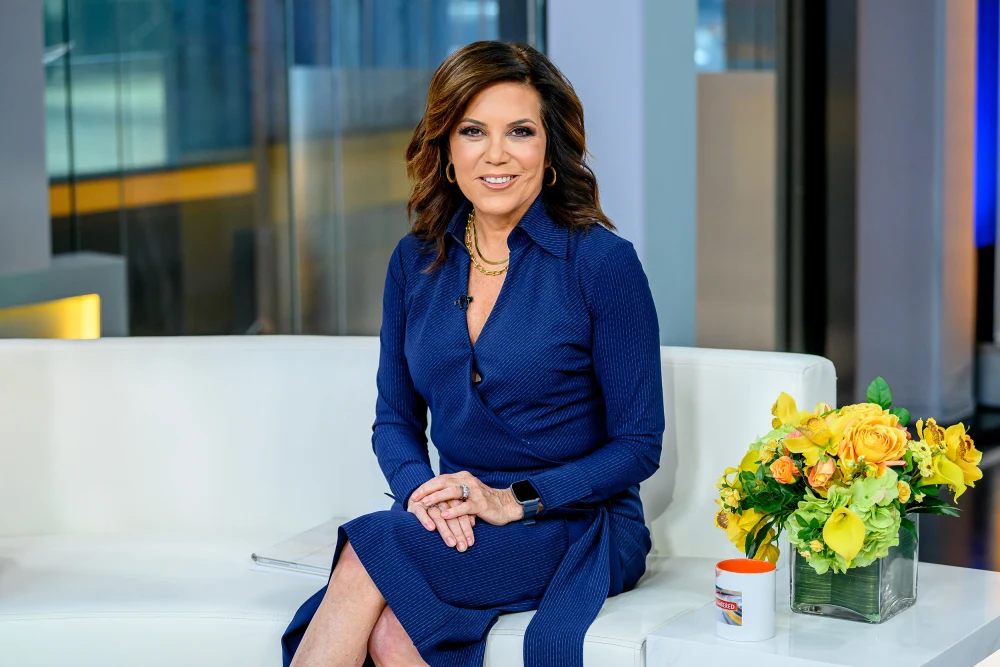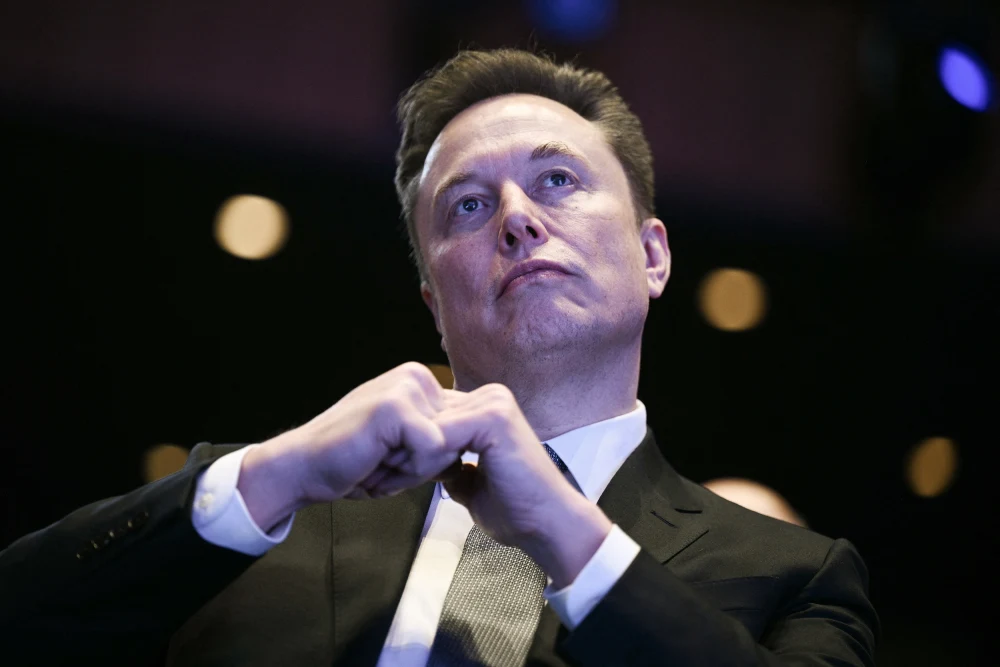“Defendants and unindicted coconspirators schemed to prevent the lawful transfer of the presidency to keep Unindicted Coconspirator 1 in office against the will of Arizona’s voters,” the 58-page indictment reads.
The names of seven of the defendants, including Meadows, Giuliani and Epshteyn, are redacted, but the document makes clear who they are by describing their roles. Others include attorneys John Eastman, Jenna Ellis and Christina Bobb, as well as Trump 2020 campaign operative Mike Roman.
Ken Chesebro, an attorney who helped devise Trump’s post-election strategy, is described as “unindicted coconspirator 4.”
The only defendants whose names are visible in the version of the indictment released by the Arizona attorney general’s office Wednesday evening are the 11 Republicans who falsely posed as the state’s presidential electors despite Joe Biden’s narrow victory there. Among them: former Arizona GOP Chairwoman Kelli Ward, state senators Jake Hoffman and Anthony Kern, and Arizona’s RNC committeeman Tyler Bowyer.
Arizona Attorney General Kris Mayes, a Democrat, has been helming the aggressive investigation. Though she initially appeared to be focused primarily on the false electors, in recent months it became clear that the scope of the probe was broader than previously understood and swept up prominent Trump allies at the national level.
Mayes is the fifth prosecutor to bring criminal charges over the sprawling, multi-state bid by Trump and his allies to upend the 2020 results. Special counsel Jack Smith has charged Trump with federal crimes for those efforts. Prosecutors in Georgia have charged Trump and many of his allies for their efforts to overturn the results in that state, including the fake electors plot. Prosecutors in Michigan and Nevada have also charged Republicans who posed as fake electors in those states.
Michigan prosecutors revealed Wednesday that Trump is an unindicted co-conspirator in their own investigation as well. And many of the newly charged defendants in Arizona, including Meadows, Giuliani, Eastman and Ellis, were charged in the Georgia case. Ellis pleaded guilty in Georgia and avoided jail time, while Meadows, Giuliani and Eastman have pleaded not guilty.
The charges against Bobb are notable because she was recently elevated to a senior position at the Republican National Committee focused on “election integrity.”
Mayes was elected as Arizona’s attorney general in 2022, replacing a Republican. As a result, her probe of the 2020 election plot got off to a later start than those of her counterparts in other states, but it recently appeared to be gathering momentum, with numerous witnesses receiving subpoenas to appear before the grand jury, including several of the false electors. Hoffman, one of the state lawmakers to face charges, appeared before the grand jury on April 8 and asserted his Fifth Amendment right against self-incrimination.
Mayes also subpoenaed several figures in Trump’s national orbit, including two Republican members of Congress, Paul Gosar and Andy Biggs, who played vocal roles in Trump’s bid to overturn the election. Neither Gosar nor Biggs, however, were considered targets of the probe, and they were not charged in the indictment.
Mayes also spoke to Chesebro, a Trump attorney who helped craft the fake electors strategy and who appeared to be cooperating with the probe. And her team questioned Rusty Bowers, who was Arizona’s speaker of the house in 2020 and resisted intense pressure from Trump’s allies to move to overturn Biden’s victory in the state.
A witness who testified to the grand jury told POLITICO that grand jurors appeared to come from a mix of political backgrounds. Some asked questions that suggested they sympathized with Democrats, while others sounded more politically conservative and still others were inscrutable. The witness was granted anonymity to discuss the secret proceedings.
Regardless of the politics, the witness described the jurors, on the whole, as energetic and proactive, driving substantial lines of questioning, even while prosecutors seemed more focused on nuts-and-bolts efforts to substantiate discrete pieces of evidence.




